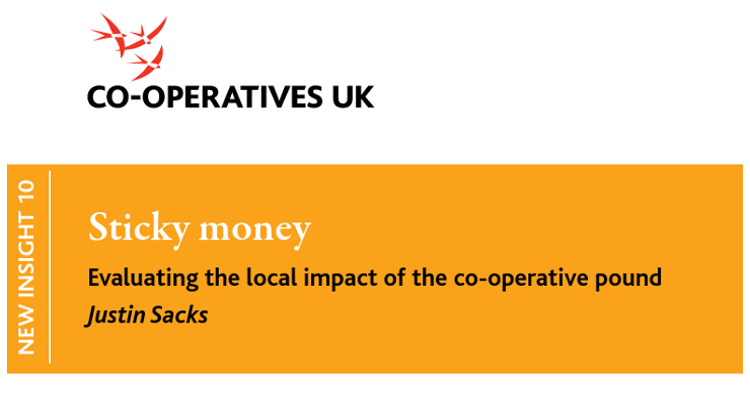In Michael Winterbottom’s 24 Hour Party People, Tony Wilson (played by Steve Coogan) is dismayed to see one of Factory Records’ acts playing what to his ears sounds and look suspiciously like jazz; a big no-no to Wilson’s showbusiness bent because he views jazz as a form in which ‘the band always have more fun than the audience’.
Co-ops have arguably suffered from a similar feature, namely that the biggest arguments in favour of them rely on you already being through the looking glass. If you get co-ops, then you see reasons why co-ops are great but if you’re looking into the movement from the outside, you can’t see what the fuss is about.
Co-operative activists and members tend to lead with the ‘internal’ factors more than anything else. We say how working in a co-operative is more equal and rewarding, or how having a democratic structure gives us a sense of control over a business.
The trouble with most of these arguments is that they’re only interesting to people who are interested. If you care about a business, then having more control over it is a better thing than not having that control. But if you don’t care about the business, then how its structured is as uninteresting as the colour of the visitors toilets to them. Ditto a non-worker hearing about how great a worker co-op is; great for those inside, but why should I care since I don’t work there?
That’s why new research from Lincolnshire Co-operative Society is so useful. Using a long-establiushed measure of how money is recycled in a local economy, they analysed what happens to the money spent with and by the society and found that a £1 spent with them adds £1.40 to the local economy.
That because the wages they pay to local people gets re-spent. Whilst that’s true of many businesses, the commitment to local sourcing of products is higher than their plc-competitotrs, and finally, their dividend means that profits stay in the community rather than leaving the area to distant shareholders. Ed Mayo, Secretary-General of Co-operatives UK calls it ‘sticky money’.
In other words, if you care about a booming local economy, in which there’s more jobs for people selling and making things for sale and more money for people to buy them, then you should care about co-ops because they do it better than other types of business. That argument should work with pretty much everyone.
You can download the research underpinning the study from Co-operatives UK’s website.

RT @CoopsLDN: New post at @CoopsLDN: Co-operation’s Killer App – https://t.co/LXh5rCo1Bm #coops